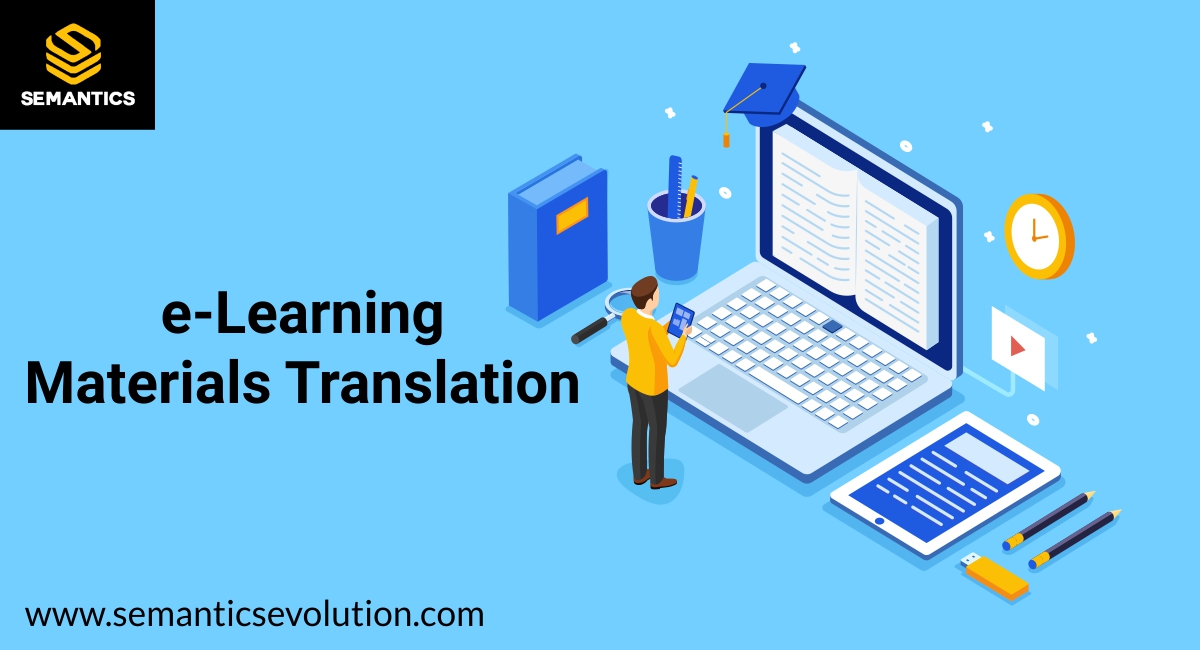In a global business environment, the localization of e-learning content has become essential to train new team members and future professionals. However, creating e-learning materials that communicate to learners across borders, languages, and cultures can be a bit intimidating.
You need to deliver captions, slides, image text, scripts, audio narration, subtitles, and videos to the target audience without losing any of the original content’s subtleties. This requires thoughtful planning and a lot of work. Partnering with an experienced translation agency offering e-learning material translation service is a solution that not only reduces workload but also your overall cost.
Here are some best practices that you should implement to avoid costly and time-consuming roadblocks during e-learning content production.
1. Avoid Local Jargon
It is better to avoid slang, acronyms, abbreviations, colloquialisms, and metaphors that may have little meaning in another language/culture.
2. Avoid Using Passive Voice
This is where the object of an action becomes the subject of a sentence. Writing in the passive voice can lead to torturesome sentence formation and a lack of clarity. This can be a critical issue when passive text needs to be translated into other languages.
3. Cultural Considerations
Striking a balance between being comprehensible, informal, and engaging is a major concern when preparing e-learning material. For instance, if you are using an example in your content, make sure it applies to your entire audience. In addition, you need to consider the tone and imagery choices. Not all cultures perceive familiarity or fashion in the same way.
4. Use lists
Everyone has a different way of learning. The use of lists can help ease the way of learning because they are visually memorable and allow readers to grasp ideas in smaller units.
5. Know Your Audience
In order to keep your content as understandable as possible, it is imperative to know your targeted audience.
Working with a Translation Service Company:
After selecting a reliable translation service agency, like the Semantics, there are a few things you can do to improve accuracy and consistency:
• Create a Wordlist
To ensure consistency and accuracy in every language, you can supply a glossary of all the necessary words, phrases, object names, and concepts.
• Supply Style Guides
Submit a style guide to classify the way you want your written content visually formatted. This ensures that contents look the way you want in every language.
• Share Previous Translation Copies
Sharing any past translations of similar content that can be repurposed or used as reference materials can streamline the production workflow.
Once you have completed the production of your translated e-learning material, work with a reliable translation service agency. A professional agency will ensure that your e-learning contents are analyzed efficiently, translated and localized accurately, and delivered on-time.





